Research
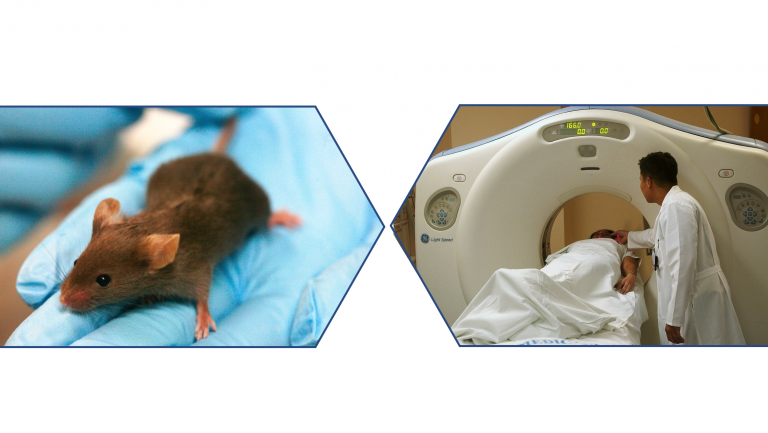
Translational Neurotherapeutics Program
The Translational Neurotherapeutics Program brings together basic scientists and clinicians to establish effective pathways for bringing medicines for neurodegenerative diseases from the lab to the clinic.

Brain and Language Labs
Dr. Ullman’s research investigates the neural and computational bases of language, how language and memory are affected in various disorders, and how certain factors affect language and memory.
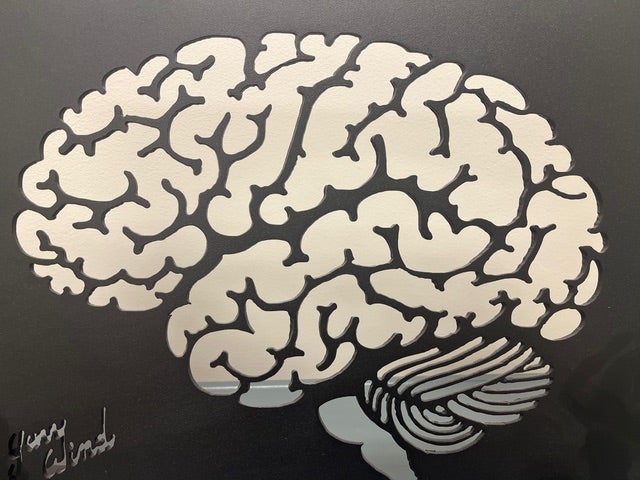
Center for Aphasia Research and Rehabilitation
The Center for Aphasia Research and Rehabilitation (CARR) brings together professionals with the goal of integrating their research findings on stroke, aphasia, and normal cognition for better treatments.

The Cognitive Recovery Lab
The lab aims to develop better treatment for people with cognitive and language difficulties through expanding knowledge of these areas: specifically how they change with injury, illness, and recovery.

Collaborative for Research on Outcomes and Metric
The main aim of the Collaborative for Research on Outcomes and -Metrics (CRΘM) is to change the way that biomedical data are analyzed using methods from psychometrics, neuropsychometrics and biometrics.
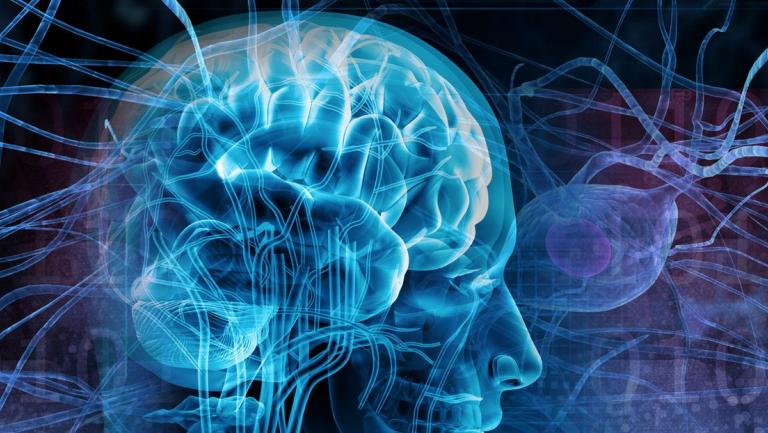
Epilepsy Research
Dr. Motamedi’s clinical research focuses on seizure onset localization and brain mapping for epilepsy surgery while his basic research focuses on the mechanism of action of epilepsy and the effects of hypothermia in seizures.
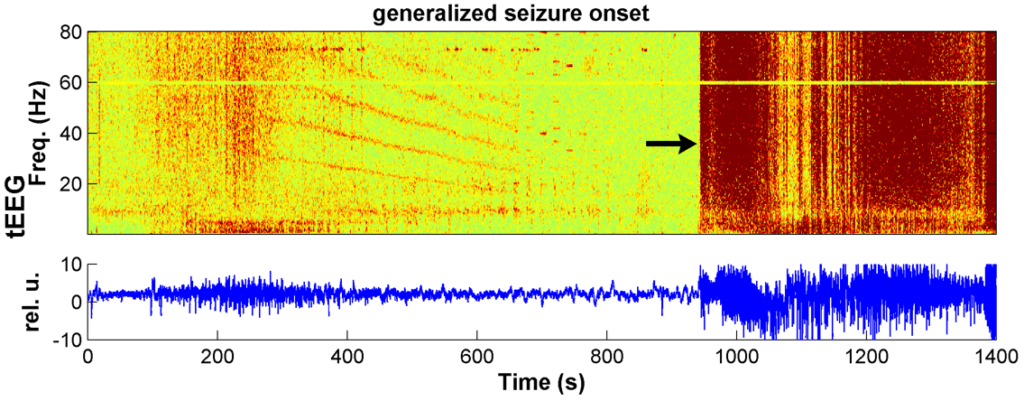
EEG and Optical Imaging Lab
Our Lab uses a variety of techniques to provide new insights into the integrative mechanisms of cognitive functions and how those processes and mechanisms are disturbed in neurological diseases.
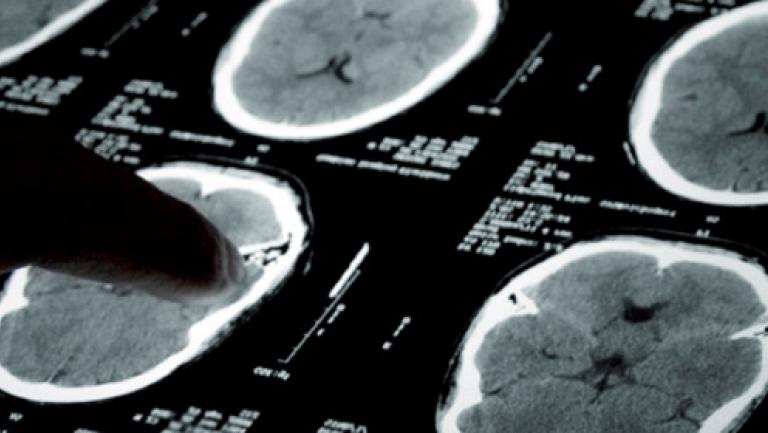
Georgetown Brain Bank
The Georgetown Brain Bank is an invaluable resource that allows the research community to access tissue and biofluid for research and post-mortem evaluation of patients with neurological disorders.
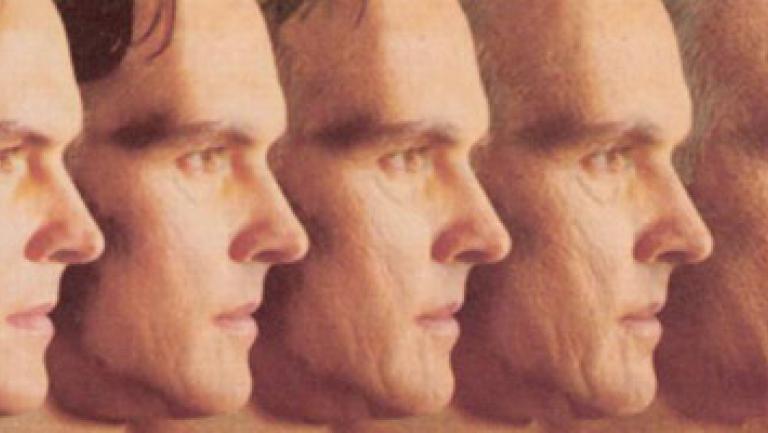
The Golestaneh Lab
Dr. Golestaneh’s lab is investigating how aging mechanisms affect the cells and induce diseases such as age-related macular degeneration (AMD).
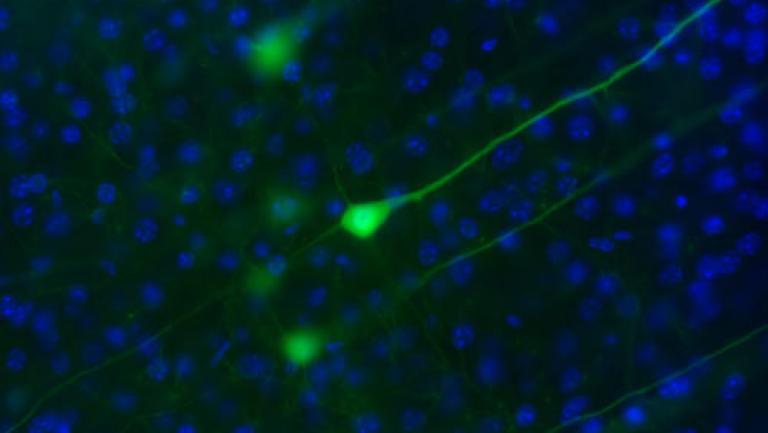
The Harris Lab
Dr. Harris’ research focuses on the areas of neurodegeneration and CNS neoplasia. His primary interest is in understanding neuroinflammation and glial-neuronal communication in neurological diseases.
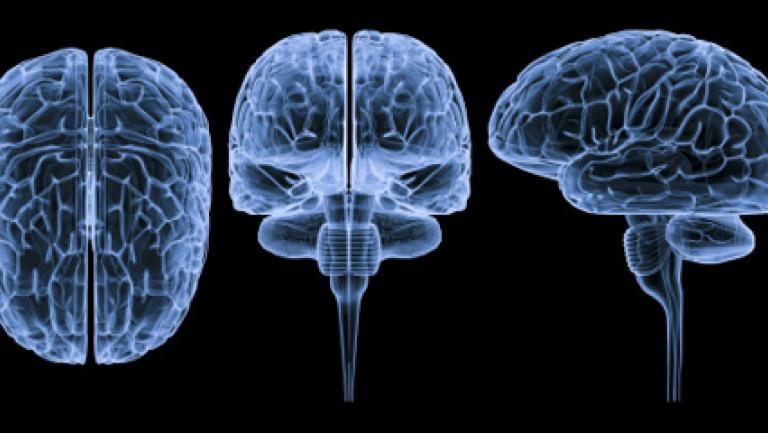
Huntington’s Disease Care, Education, and Research Center
The new Huntington’s Disease Care, Education, and Research Center uses a multidisciplinary approach to the treatment of patients and their families in the spirit of cura personalis, the care of the whole person.

The International Pediatric Stroke Study
GUH is a participant in the International Pediatric Stroke Study (IPSS). The purpose of this research is to learn more about the natural history of childhood stroke.
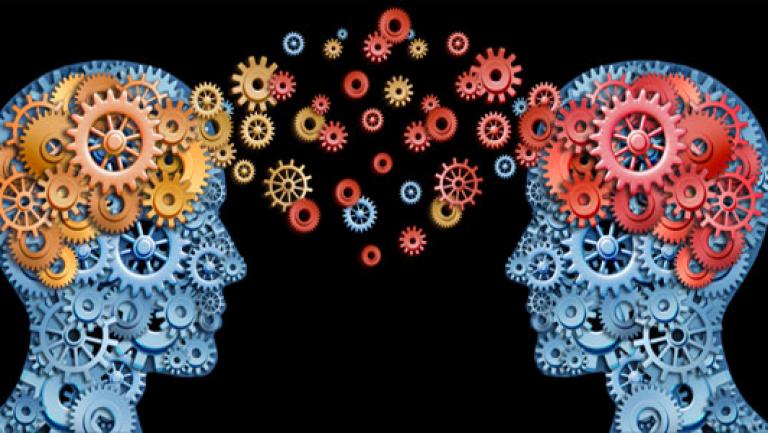
The Learning and Development Lab
The Learning and Development is studies the acquisition of language, the relationship between language acquisition and language structure, and the recovery of language after damage to the brain.
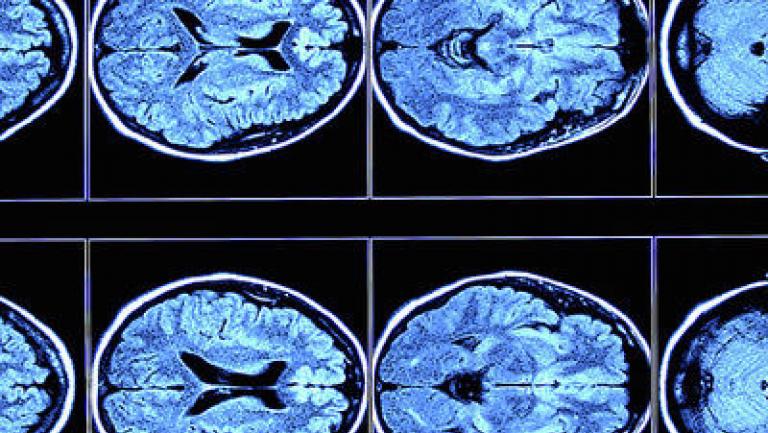
The Memory Disorders Program
The Georgetown University Memory Disorders Program is dedicated to providing clinical services for patients with Memory Disorders and to conducting research aimed at improving treatment options for Alzheimer’s disease.
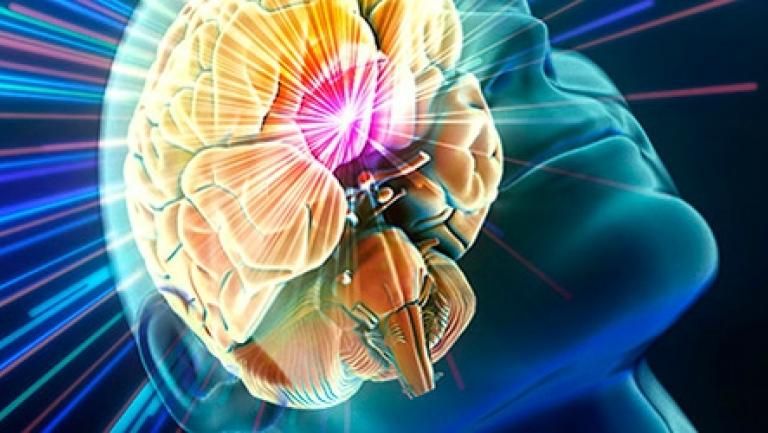
Neurophysiology and Behavior Lab
Dr. Kanwal studies the brain wiring of socioemotional communication and decision making. He focuses specifically on hemispheric asymmetry, circuit/ neuron multifunctional, and fronto-amygdalar interactions.
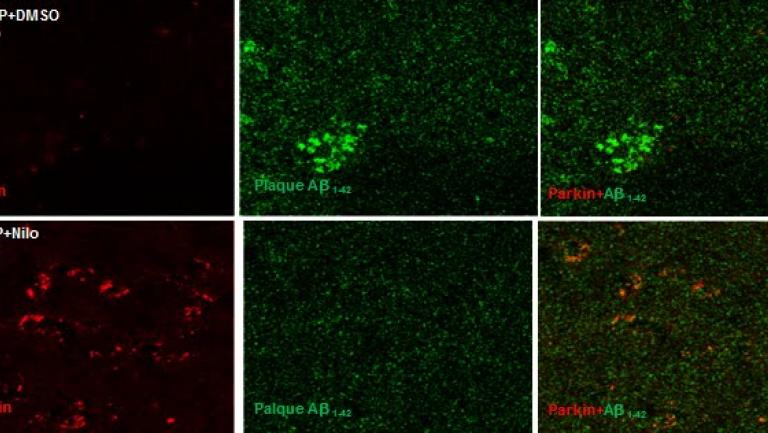
The Laboratory for Dementia and Parkinsonism
The laboratory evaluates potential therapeutic drugs in pre-clinical and clinical trials for neurodegenerative diseases including dementia, Alzheimer’s disease, Parkinson’s disease and related movement disorders.

POND Brain Bank
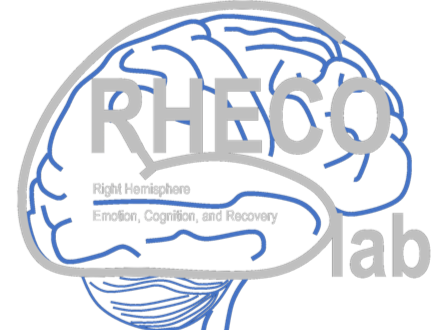
RHECO Lab
The RHECO Lab investigates stroke recovery research, diagnostics, and rehabilitation, focusing on functions ascribed to the right hemisphere, such as visual-spatial skills, attention, and emotion recognition.
The Georgetown University Department of Neurology hosts a multi-disciplinary research program in the neurosciences. The Department actively participates in translational research, ensuring that advancements in the lab are brought directly to the bedside to benefit our patients.
Members of the Department’s faculty have a wide range of research interests spanning the scope of nervous system abnormalities. Particular areas of strength include cognitive and behavioral neurology, research on language and communication, stroke, epilepsy, dementia, neurorehabilitation, neuroimaging, and drug discovery.
